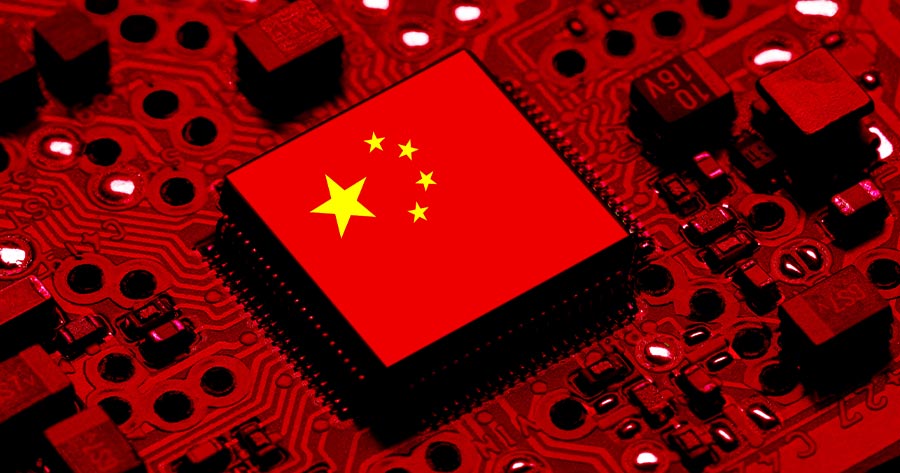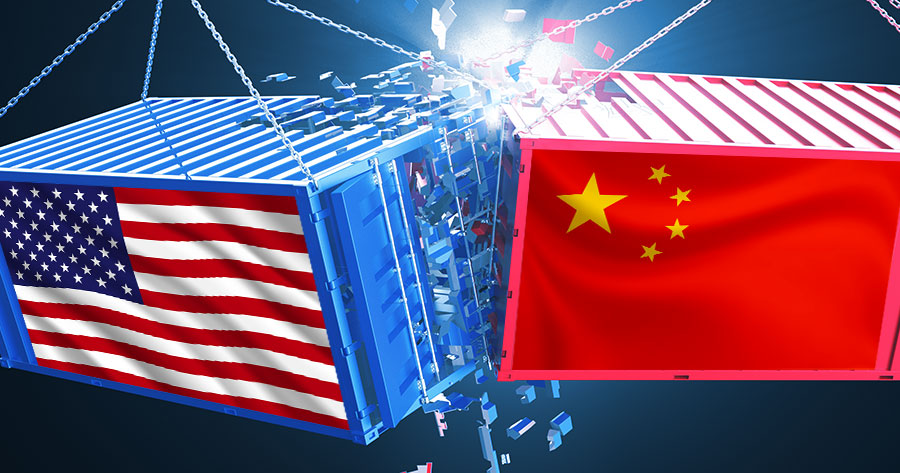With stricter export rules from the U.S. heavily scrutinizing Nvidia’s sales to China, local AI chip manufacturers from the world’s second-largest economy like Huawei are set to benefit, according to semiconductor analysts.
Last week, the U.S. Commerce Department declared that Nvidia’s H20 GPUs, along with specific AMD chips, would now need export licenses, resulting in the Jensen Huang-led tech giant stopping exports of these GPUs. This led to a quarterly financial impact estimated at roughly $5.5 billion.
This shift presented an opportunity for China’s local AI chip industry as the country sought alternatives to Nvidia.
Brady Wang, Counterpoint Research’s associate director, noted that several Chinese firms produced competitive chips. Notable local players include Huawei and Cambricon Technologies, which specialized in designing GPUs.
Cambricon’s shares rose more than 10% over the last five trading days following the news of the latest Nvidia restrictions, marking a 400% increase over the past 12 months. Wang suggested that these local challengers had a stronger incentive to enhance their offerings and expected a rise in demand for their GPUs.
Meanwhile, analysts highlighted Huawei as a frontrunner in China’s quest to rival Nvidia. Despite being on the U.S. blacklist, the company was advancing its “Ascend 910” GPU series, with the latest being the Ascend 910C.
Industry analyst Doug O’Laughlin from SemiAnalysis stated that although Huawei was reportedly a generation behind in chip technology, its hardware was making significant strides, despite some gaps in software and ecosystem readiness.
Nevertheless, some suggested that Chinese chip manufacturers might not need to immediately fulfill the demand for Nvidia’s H20 GPUs due to existing stockpiles and past export exemptions. Last month, it was reported that Chinese firms had ordered at least $16 billion worth of H20 server chips in the first quarter, according to a CNBC report citing the Information.
Counterpoint’s Wang noted that while it was uncertain how long these reserves would last, they provided additional time for Chinese chipmakers to expand GPU production.
In the short term, Wang believed the impact of these controls was limited, but the future depended on the progress of local GPU development. A report from SemiAnalysis highlighted that Huawei’s Ascend chips demonstrated how Chinese firms continued to access essential foreign components and tools despite export controls.
Recently, TSMC faced scrutiny from the U.S. Department of Commerce for producing a chip similar to one found in Huawei’s Ascend 910B processor. Given Huawei’s progress and reports of export control circumventions, many experts doubted the effectiveness of U.S. restrictions on impacting Chinese advancements in AI.





